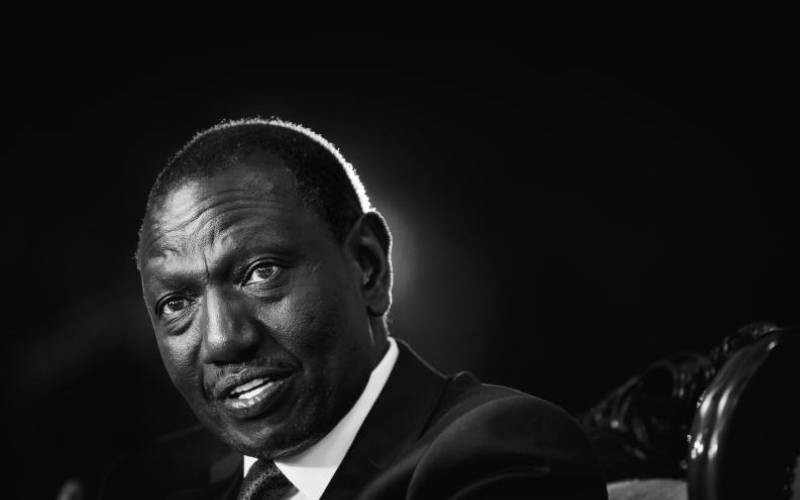×
The Standard e-Paper
Smart Minds Choose Us

After the 1982 attempted coup against his government, President Daniel arap Moi became increasingly alert, and sharpened his political instincts as he purged politicians, senior security officers and those that were serving in the armed forces.







